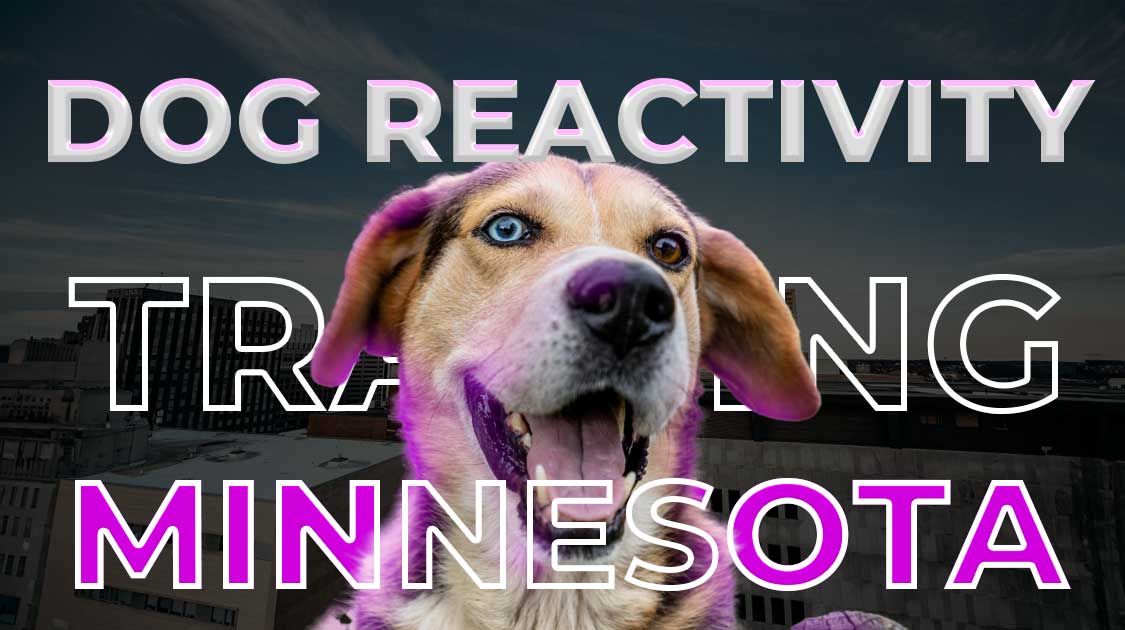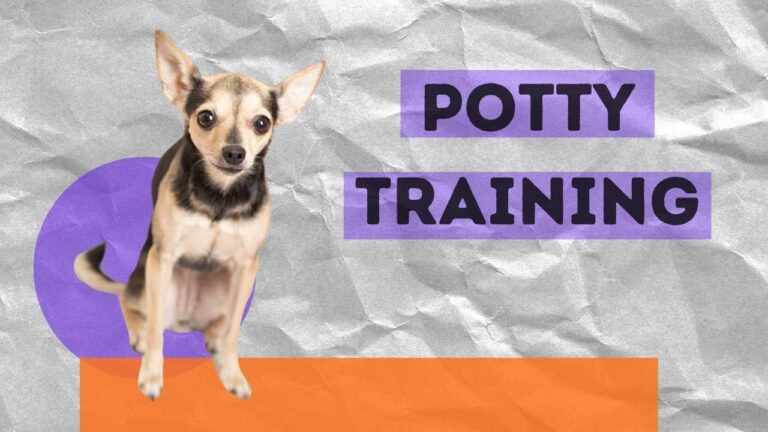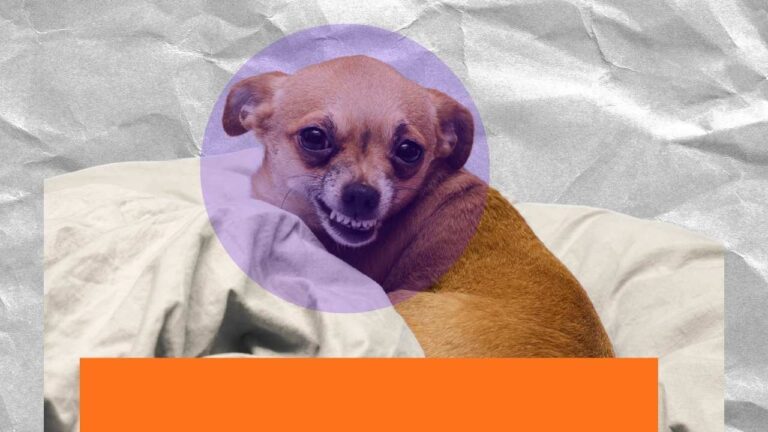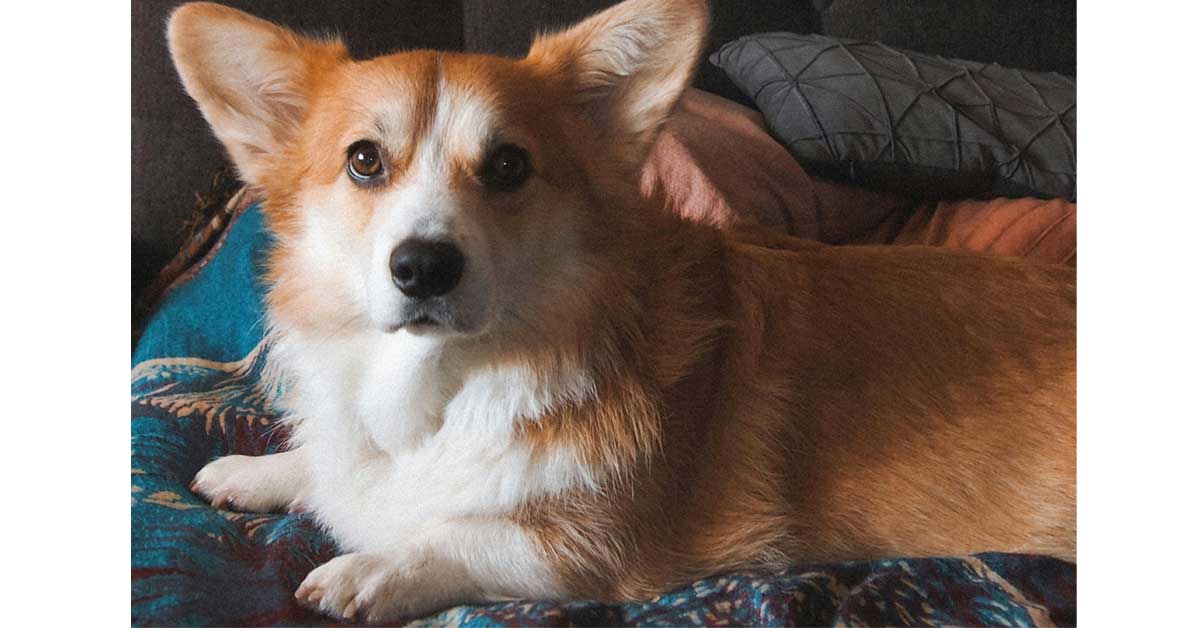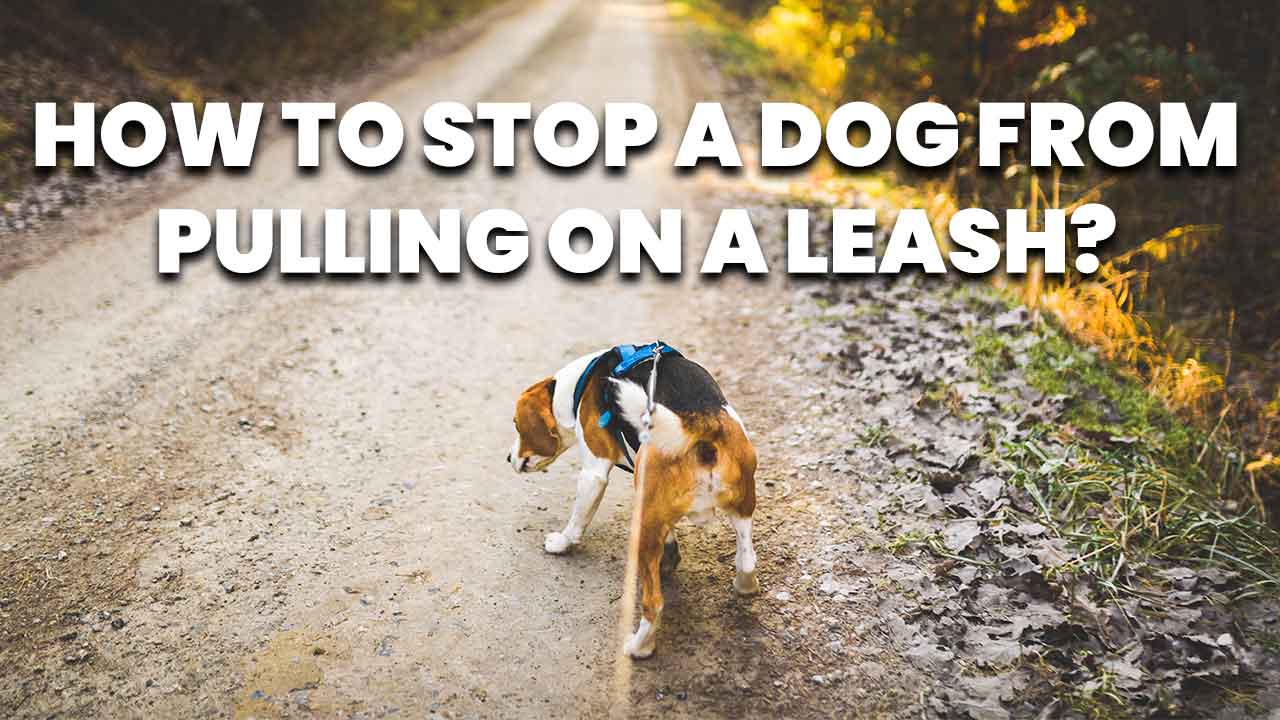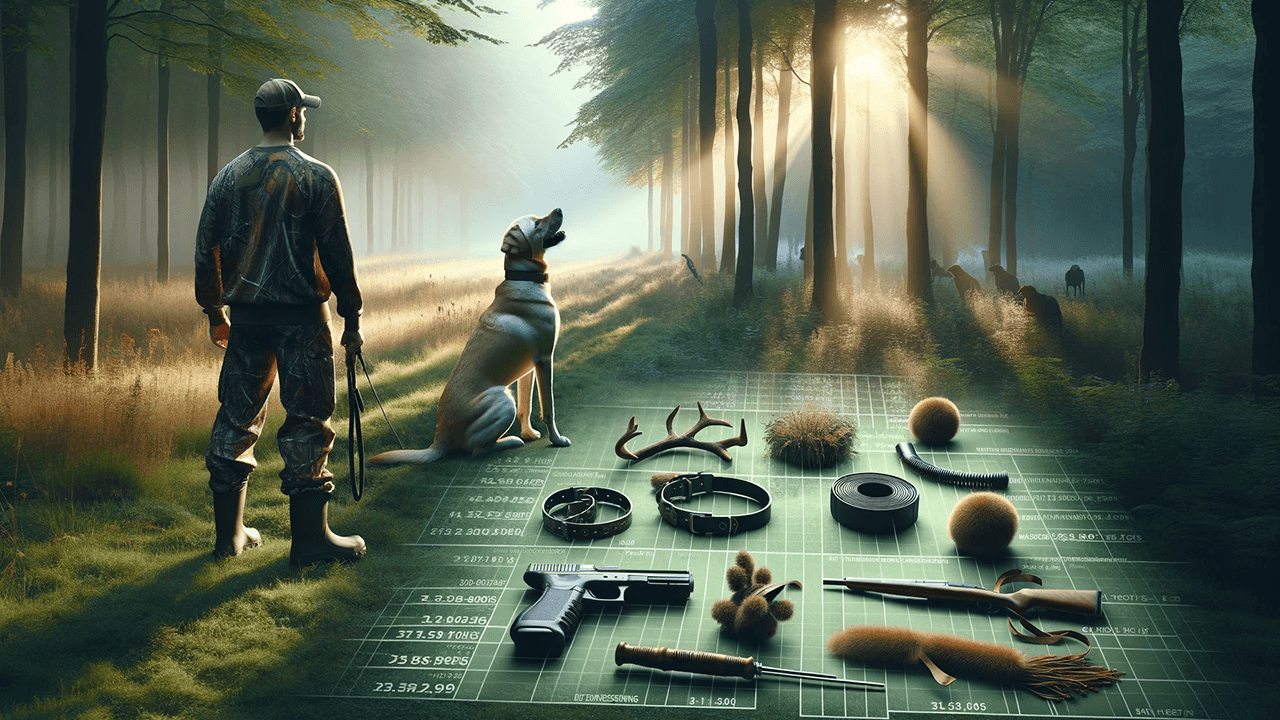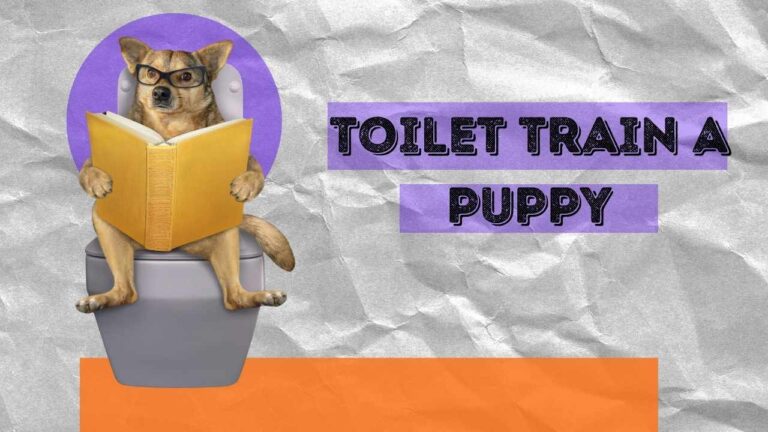Dog Reactivity Training Minnesota: Master Reactivity Now 2024
Is your dog barking or lunging at other dogs, cars, or people during walks? That’s what we call “dog reactivity,” and it’s more common than you might think. Triggers like unfamiliar animals, loud noises, or even certain environments can set your dog off, making walks stressful for both of you. But here’s the good news: addressing dog reactivity is not just possible, it’s essential. And when it comes to finding help, local dog reactivity training Minnesota can make a world of difference.

TL;DR: Dog reactivity is common but manageable. Finding a local trainer in Minnesota can help address triggers and make walks enjoyable again.
Table of Contents
Understanding Dog Reactivity: Dog Reactivity Training Minnesota
What Is Dog Reactivity?
Dog reactivity happens when a dog overreacts to certain things in its environment. This could mean barking, lunging, or even growling. There are different types of reactivity. Some dogs react to other animals, while others might respond to people, cars, or even noises.
What Causes Dog Reactivity?
Reactivity often stems from fear, a lack of socialization, or past trauma. For example, a dog that wasn’t exposed to different situations as a puppy might be scared of new experiences. Others might have had a bad experience, like being attacked by another dog, which can lead to reactive behavior.
Signs and Symptoms
You can spot dog reactivity through several behaviors, including:
- Barking: Your dog may bark excessively at other dogs, people, or moving objects like bikes and cars.
- Pulling on the Leash: If your dog suddenly pulls hard on the leash when they see a trigger, this is a sign of reactivity.
- Stiffening Up: Some dogs might freeze or stiffen their bodies when they encounter something that makes them uncomfortable.
- Lunging: Your dog might lunge toward the trigger, trying to get closer or scare it away.
- Growling or Snarling: Aggressive sounds can indicate that your dog feels threatened or scared.
In Minnesota, these reactions might be triggered by:
- Unfamiliar Wildlife on Trails: Encounters with animals like deer or squirrels can set off reactivity.
- Snowy Conditions: The crunch of snow or changes in the environment during winter can make dogs more alert or nervous.
- Crowded Parks: Being around a lot of people and other dogs, especially in busy areas, can be overwhelming and lead to reactive behavior.
Why Choose Dog Reactivity Training in Minnesota?
Choosing dog reactivity training in Minnesota means entrusting your dog to trainers who are like skilled guides navigating a familiar landscape. They understand the unique challenges posed by Minnesota’s environment, whether it’s the bustling urban streets of Minneapolis and St. Paul or the serene yet unpredictable trails in places like Minnehaha Park. This deep local knowledge allows them to apply training methods that directly address the triggers your dog encounters daily.
Minnesota offers a rich variety of training programs. Whether you’re looking for group classes to help your dog socialize or private lessons for more focused attention, there’s a solution for every need. Specialized programs are available for aggressive dogs, ensuring that even the most challenging cases see significant improvement. For instance, dogs trained in familiar parks like Minnehaha have shown a 75% reduction in reactive behaviors within six weeks, a testament to the effectiveness of local expertise.
Worried about the cost or time commitment? Many Minnesota-based trainers offer flexible packages that cater to different budgets and schedules. Skeptical about the effectiveness? Local testimonials frequently highlight how quickly results can be seen, often in just a few sessions. Training isn’t just about teaching your dog new behaviors—it’s about giving you both the tools to enjoy a more peaceful life together.
Minnesota dog owners consistently report remarkable improvements. For example, after just a few weeks of training, dogs that once reacted aggressively to the sounds and sights in Minnehaha Park became calmer and more controlled, turning stressful walks into enjoyable outings. These success stories illustrate how local trainers leverage their intimate understanding of the environment to achieve results that stick.
While online training courses can be convenient, tackling dog reactivity is best addressed with hands-on, personalized training. Consider SpiritDog Training. Their approach combines online resources with in-person guidance, ensuring your dog receives the attention and expertise needed to succeed in Minnesota’s unique environment.
Training Methods for Reactive Dogs

Positive Reinforcement: The Power of Rewards
Positive reinforcement is a great way to train reactive dogs. It means giving your dog something they love when they do what you want. For example, if your dog stays calm when they see another dog at a Minnesota state park, you can give them a treat. This helps them learn that being calm is good.
You can use treats, toys, or praise as rewards. The key is to reward your dog right away when they do something good. This helps them connect the good behavior with the reward. Over time, your dog will start to behave better because they want to get those rewards.
Behavior Modification: Changing How Your Dog Feels
Two important ways to help reactive dogs are desensitization and counter-conditioning. These big words mean helping your dog feel better about things that scare them.
Desensitization means slowly getting your dog used to their triggers. Let's say your dog gets upset when they see deer in your backyard. You might start by looking at deer from far away, maybe from inside your house. As your dog gets more comfortable, you can slowly move closer to the window or even go outside.
Counter-conditioning means changing how your dog feels about their triggers. You do this by pairing the scary thing with something good. For instance, every time your dog sees a deer, you give them their favorite treat or play a fun game. This helps your dog start to think that deer mean good things happen.
It's okay if you're worried these methods might make your dog more anxious. When done right, they actually help your dog feel better. Just remember to go slow and watch your dog's body language.
Tools and Equipment: Helpful Gear for Training
There are some tools that can help when training a reactive dog:
- Harnesses: These can give you better control than a regular collar, especially on icy Minnesota sidewalks.
- Long leashes: These let your dog move around more during training in open spaces like parks.
- Treat pouches: These make it easy to reward your dog quickly.
- Clickers: These small devices make a click sound to mark good behavior.
- Calming aids: Things like ThunderShirts can help some dogs feel less stressed during thunderstorms or fireworks.
Remember, it's important to use these tools the right way. If you're not sure how to use something, it's best to ask a dog trainer for help.
Other Methods to Consider
While positive reinforcement, desensitization, and counter-conditioning work well for most dogs, some might benefit from other methods:
- Classical conditioning: This is like counter-conditioning, but you give the treat before the trigger appears. It can help dogs who are too stressed to eat when they see their trigger.
- Flooding: This means exposing your dog to their trigger a lot at once. It can work, but it's very stressful for dogs. Only try this with a professional trainer's help.
Training a reactive dog takes time and patience. But with these methods and tools, you can help your dog feel more comfortable and behave better around their triggers, whether it's other dogs at the dog park or wild animals in your backyard.
Finding the Right Trainer in Minnesota
How to Choose a Good Trainer
When looking for a dog trainer in Minnesota, there are some important things to think about:
- Certifications: Look for trainers who have certifications from well-known organizations. Some good ones are CPDT-KA (Certified Professional Dog Trainer – Knowledge Assessed) or IAABC (International Association of Animal Behavior Consultants).
- Experience: Ask how long they've been training dogs, especially reactive ones. More experience is usually better.
- Client Reviews: Check what other dog owners say about the trainer. Look for reviews online or ask for references.
- Training Methods: Make sure they use positive methods. Avoid trainers who use harsh punishments or say they can “fix” your dog quickly.
Top Trainers in Minnesota
Here are some well-known dog trainers in Minnesota:
- The Canine Coach (Twin Cities area)
- Tails Up Dog Training (Minneapolis)
- Pawsitive Transformations (St. Paul)
- Dog's Best Friend (Rochester)
- Northern Lakes Dog Training (Duluth)
This is just a starting list. There might be great trainers near you who aren't on this list.
Questions to Ask Trainers
Before you choose a trainer, it's a good idea to ask them some questions. Here's a list to help you:
- What kind of training methods do you use?
- How much experience do you have with reactive dogs?
- Can you explain how you would help my dog with their specific problem?
- Do you have any certifications?
- How long do you think it will take to see improvements?
- What happens if my dog doesn't make progress?
- Do you offer group classes or private lessons?
- How much do your services cost?
- Can I watch you work with another dog before I decide?
- Do you have insurance?
Remember, a good trainer will be happy to answer your questions. They should make you and your dog feel comfortable. If something doesn't feel right, it's okay to look for a different trainer.
Finding the right trainer can make a big difference in helping your reactive dog. Take your time to find someone who understands your dog's needs and uses methods you're comfortable with. With the right help, your dog can learn to feel more relaxed and behave better in tough situations.
Ongoing Support and Resources
Post-Training Support: Keep Learning and Growing
Training your reactive dog isn't a one-time thing. It's important to keep working on what you've learned, even after your sessions with a trainer are over. Here's why ongoing support matters:
- Practice makes perfect: The more you practice, the better you and your dog will get.
- New challenges: As your dog improves, you might face new situations that need more training.
- Refresher help: Sometimes you might forget some tips, so it's good to have someone to ask.
Many trainers offer follow-up sessions or phone calls. These can be really helpful to make sure you're on the right track.
Local Support Groups: Connect with Other Dog Owners
It can be comforting to talk to other people who understand what it's like to have a reactive dog. Here are some ways to connect in Minnesota:
- Minnesota Reactive Dog Support Group on Facebook
- Twin Cities Reactive Rover Meetup Group
- Rochester Dog Park Pals (they have a reactive dog section)
- Local pet store bulletin boards often have info on support groups
These groups can be great for sharing tips, finding training buddies, or just talking to people who get what you're going through.
Recommended Resources: Keep Learning
There's always more to learn about helping your reactive dog. Here are some good resources:
Books:
- “Click to Calm” by Emma Parsons
- “Behavior Adjustment Training 2.0” by Grisha Stewart
- “Control Unleashed” by Leslie McDevitt
Local Workshops:
- Check with the Animal Humane Society in Golden Valley. They often have classes on dog behavior.
- The University of Minnesota Veterinary Medical Center sometimes offers workshops for pet owners.
Online Courses:
- Spiritdog Training offers online classes on reactivity
- Brain Training for Dogs has some good online resources too
Keep in mind that every dog is different. What works for one might not work for another. It's okay to try different things until you find what helps your dog the most.
Conclusion
Recap of Key Points
Let's go over the main things we've learned about dog reactivity and training in Minnesota:
- Dog reactivity is when dogs overreact to things like other animals, people, or noises.
- It's common and can be caused by fear, lack of socialization, or bad experiences.
- Minnesota trainers understand local challenges, like wildlife on trails or snowy conditions.
- Positive reinforcement, desensitization, and counter-conditioning are good training methods.
- Finding the right trainer is important. Look for certifications and experience.
- Ongoing support and practice are key to helping your reactive dog improve.
Now that you know more about dog reactivity, it's time to take action:
- If you're struggling with a reactive dog, don't wait to get help. Reach out to a local Minnesota trainer who specializes in reactivity.
- Consider enrolling in a program like SpiritDog Training's course on tackling dog reactivity. They offer online resources combined with personalized guidance, which can be really helpful.
- Join a local support group to connect with other dog owners who are going through similar challenges.
- Start practicing positive reinforcement techniques at home. Even small steps can make a big difference.
Learn more: Is My Dog Reactive? 50-Question Dog Reactivity Quiz

